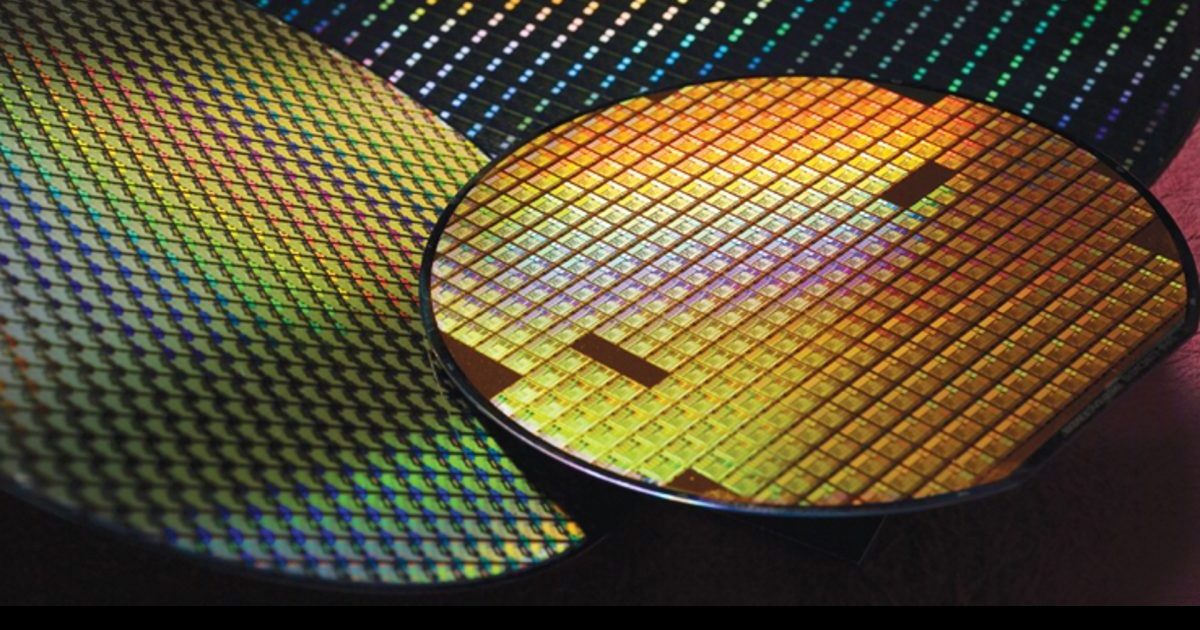Intel’s CEO Pat Gelsinger recently said that the ongoing global chip shortage will continue impacting the electronics industry until 2024. However, it may take longer for the industry to recover. In an interesting turn, TSMC and Intel have revealed that chips for chipmaking machines have also been impacted by the chip shortage. Therefore, the shortage may worsen.

Global chip shortage to prevail for a few years due to latest crisis
The ongoing global chip shortage has been causing constraints in production due to factors such as the global coronavirus pandemic, sanctions against Chinese technology giants, trade wars, and poor anticipation of demand.
While many analysts initially expected the chip shortage to ease by the second half of 2022, the Wall Street Journal reports that the chip-making industry is not hopeful as chips for chipmaking machines are starting to get significantly affected by the shortage.
What began as a pandemic-era aberration of supercharged demand for laptops and other chip-hungry gadgets has spiraled into a structural problem for the industry. Now many chip executives say the problem will persist into 2023 and 2024, or even longer.
“There’s this wishful thinking that by the end of 2022, supply will be balanced with demand,” said Tom Caulfield, chief executive of contract chip manufacturer GlobalFoundries Inc. “I just don’t see it.”
Doug Lefever, chief executive of Advantest America [agreed, saying that] typical lead times on his company’s machines, which test whether newly made chips function correctly, have doubled or more. “I think we’re in it for quite a while before we get completely back to standard lead times,” Mr. Lefever said.
As per the report, some chipmakers are treating chip-equipment suppliers as priorities to try and get ahead of the issue before it becomes more widespread.
Ganesh Moorthy, CEO of Microchip Technology Inc., a maker of microcontroller chips that process data in all kinds of electronic devices, including chip-making equipment, said his company now is treating chip-equipment suppliers as priority customers, not unlike the way it treated medical-device manufacturers at the onset of the Covid pandemic.
Chip companies are being urged to prioritize chipmakers rather than semiconductor makers to help the shortage ease in lesser time.
A recent industry white paper argued the benefits of such a “multiplier effect.” A sophisticated testing tool requires 80 specialist chips that can be reprogrammed after they are produced, the analysis said, but then aids in making 320,000 of those same chips each year
The report also highlights other issues adding to the chip shortage such as difficulties in hiring new workers, supply chain hiccups, and a shortage of so-called substrates that connect chips to circuit boards.